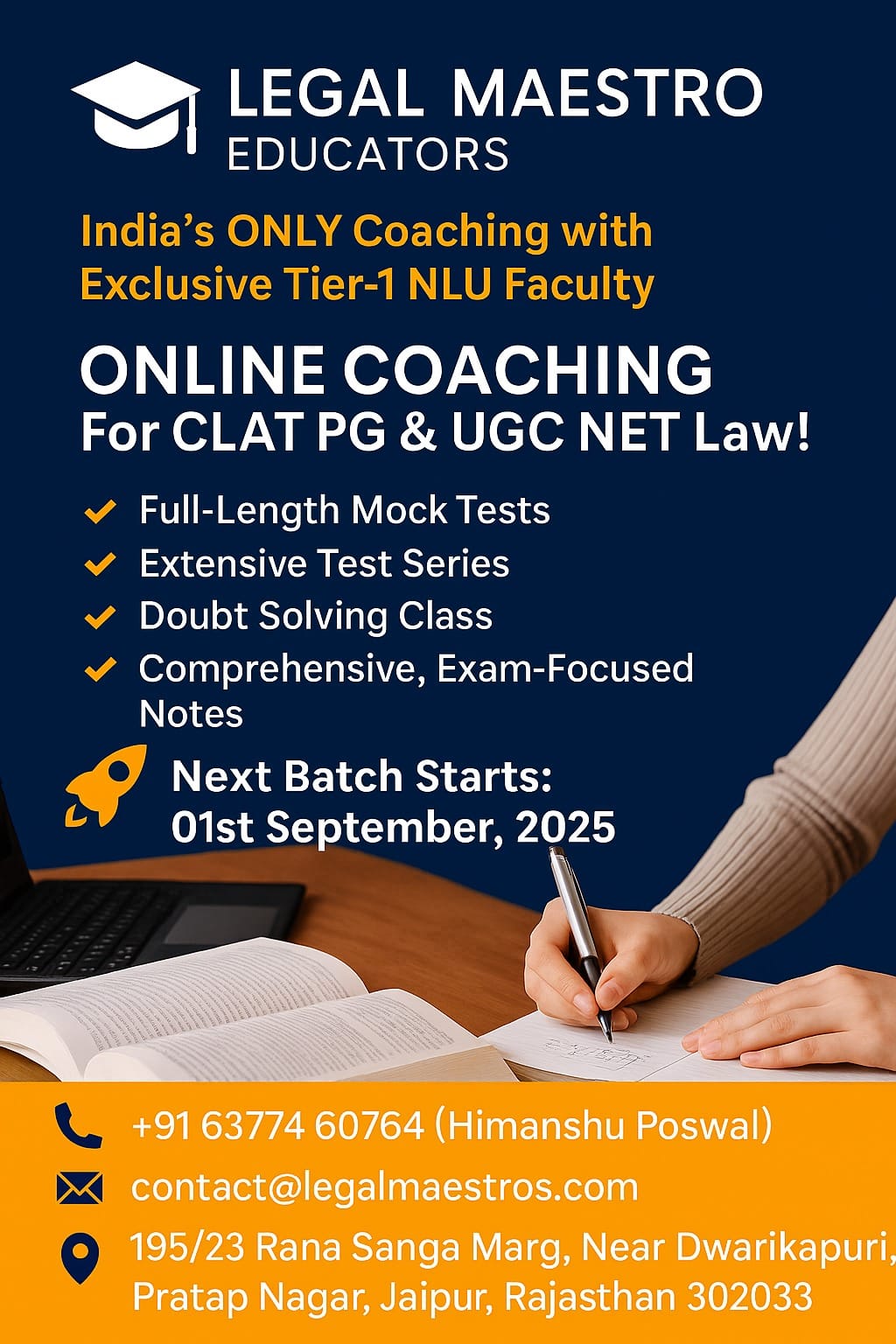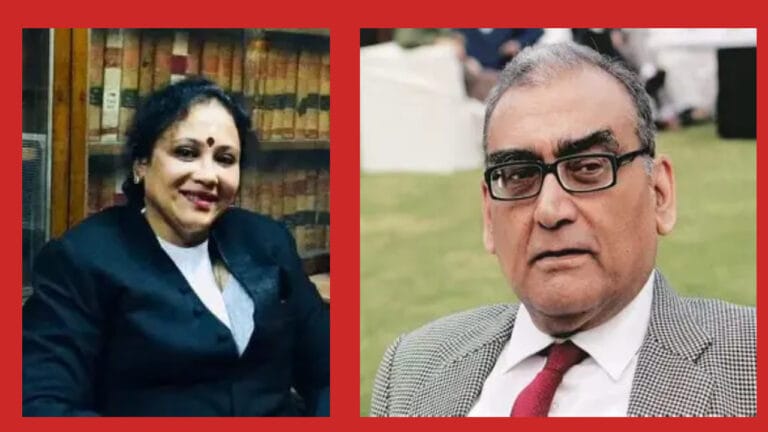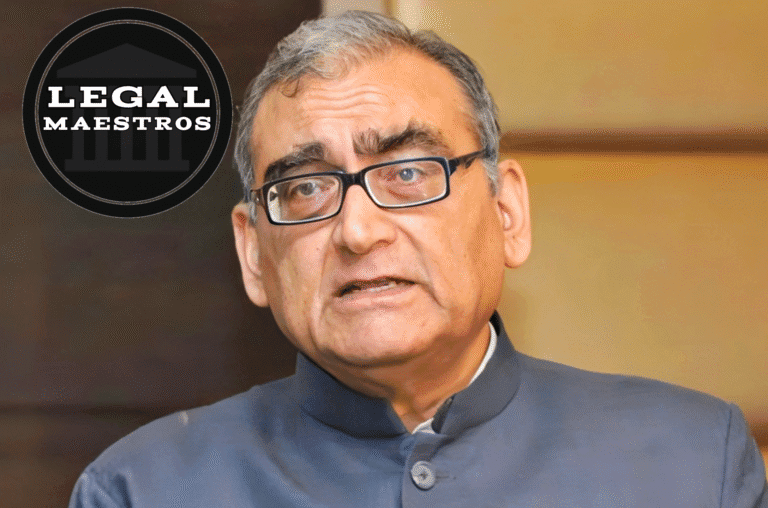
The road that Justice Sanjiv Khanna has taken to become a member of the Supreme Court bench exemplifies a unique combination of profound legal understanding and a great sense of justice.
He has authored decisions that have revolutionized constitutional law, election transparency, family law, and administrative procedures over the course of more than five years and membership in over 480 benches.
His opinions have been adopted by the Supreme Court of the United States. In many cases, his decisions demonstrate a balance between judicial caution and forceful involvement.
This helps to ensure that the rule of law continues to develop in accordance with the requirements of a contemporary democracy. A comprehensive look at ten of his most notable judgments is shown below.
Each of these judgments reflects his unique line of thinking and the contribution he made to Indian jurisprudence when it was handed down.
RTI and the Independence of the Judiciary
Subhash Chandra Agarwal is the defendant in the case named Central Public Information Officer, Supreme Court of India.
On November 14, 2019, Justice Khanna highlighted the delicate balance that exists between transparency and judicial independence in the ruling that was made by the Constitution Bench, which consists of five judges.
He accepted the public’s right to access by holding that requests for information under the Right to access Act for the Supreme Court must be evaluated on a case-by-case basis. In doing so, he protected the fundamental premise that courts must function independently from demands from the outside world.
His majority ruling made it clear that the Chief Public Information Officer or “competent authority” is responsible for weighing the potential harm to judicial operations against the revelation of information, so establishing a nuanced approach to the transparency of the court system.
The Electoral Bond Scheme’s constitutionality is being examined.
Association for Democratic Reforms versus Union of India is the case in question.
In a decision that was handed down on February 15, 2024, a Constitution Bench declared that the Electoral Bond Scheme, which had been adopted in 2018, violated the right of voters to be informed about the sources of money that political parties receive.
Justice Khanna agreed with a different line of reasoning, despite the fact that the majority ruling placed a strong emphasis on the fundamental importance of transparency in electoral spending.
The alteration to Section 182 of the Companies Act was found to be clearly arbitrary by him after he used the proportionality test. According to his point of view, the fundamental right of the public to make informed choices cannot be superior than the right of donors to maintain their privacy.
Voter Verification Techniques Using VVPATs
This case is between the Election Commission of India and the Association for Democratic Reforms.
On April 26, 2024, the Court declined to comply with the demands for a cross-verification of one hundred percent of the VVPAT slips with the results of the EVM. During his writing for the two-judge bench, Justice Khanna acknowledged the significance of maintaining election integrity.
However, he also highlighted the difficulties in terms of logistics and the possibility of human mistake when it comes to full VVPAT counting.
It was brought to his attention that the protections that are now in place and have been applied by the Election Commission strike a reasonable balance between accuracy and practicability, which therefore maintains the effectiveness of India’s electronic voting system.
Article 370 is being repealed.
Article 370 of the Constitution is the subject of this case.
The decision of the Union to abolish the special status of Jammu and Kashmir under Article 370 was maintained by a Bench consisting of five judges on December 11, 2023, in a decision that is considered to be a landmark.
Rather than being a permanent guarantee of autonomy, Justice Khanna agreed with the majority and interpreted Article 370 as a clause that is intended to facilitate integration during the transitional period.
He emphasised that the President’s ability under Article 356 to issue orders for conversion into Union Territories needed solid reason, but he found that the steps taken by the administration were constitutionally valid and consistent with India’s federal structure.
Divorce in accordance with Article 142
The dispute between Shilpa Sailesh and Varun Sreenivasan
In accordance with Article 142, Justice Khanna presided over a bench that, on May 1, 2023, acknowledged the Supreme Court’s authority to grant divorce on the basis of an irretrievable collapse of marriage.
In the context of marriage disputes, he reasoned that the fundamental power of the Court to “do complete justice” cannot be limited by an interpretation that is based on fault.
He created a direct remedy for parties seeking divorce when marriages had irretrievably failed by reading down earlier precedents, which resulted in an expansion of the scope of equitable redress.
Adjustments to the Fee Schedule for Arbitrators
Oil and Natural Gas Corporation versus Afcons Gunanusa Joint Venture In the case
In August of 2022, a special bench consisting of three judges examined the procedures that govern arbitrator fees.
Justice Khanna wrote a dissenting opinion, which was in contrast to the majority opinion, which denied arbitrators the authority to unilaterally determine fees without the consent of the parties or an order from the court.
It was his contention that the practice of considering the claim and the counterclaim as independent entities contradicted the established practice of party autonomy, which would empower tribunals to choose their own fees.
His dissent brought to light the conflict that exists between the self-governing nature of arbitration processes and the ability of the judiciary to exercise control.
The provisional release of Arvind Kejriwal
Arvind Kejriwal versus the Directorate of Enforcement is the litigation.
Within the context of a high-profile PMLA investigation concerning a liquor policy matter, the Supreme Court of India granted interim bail to the Chief Minister of Delhi on the 12th of July, 2024.
In his conclusion, Justice Khanna did not dive into the merits of the money laundering charges; rather, he questioned the breadth of arrest authority under Section 19 of the PMLA.
For the purpose of influencing future procedural protections, he brought up the subject of “need and necessity” for arrests and indicated the prospect of establishing a clearer threshold before holding individuals in accordance with the Act.
Controlling Hostility in Speech
Amish Devgan versus the Union of India—the case
During the month of December in the year 2020, Justice Khanna presided over a writ petition that sought to have multiple FIRs filed against journalist Amish Devgan for allegedly commenting in a disparaging manner.
Keeping the FIRs in mind, he highlighted that defining the bounds of hate speech required conducting a comprehensive inquiry into the context, intent, and impact of the speech.
As a result of his decision, the idea that significant allegations should be evaluated based on their merits was reaffirmed. His opinion stated that courts should let the investigative process to unfold without intervening in advance.
The Project for the Redevelopment of Central Vista
Rajeev Suri versus the Union of India—the case
On January 5, 2021, the Supreme Court affirmed the clearance for the Central Vista project; nevertheless, Justice Khanna expressed a disagreement with the decision.
Not only did he condemn the absence of independent application of mind in land-use conversion, but he also criticized the insufficient amount of time for public consultation and the absence of approval from the Heritage Conservation Committee.
In his dissent, he brought attention to the importance of procedural rigor in the protection of natural and heritage resources. He also reminded administrative authorities that complying with due process is an absolute requirement for projects that are of national significance.
Authority of the Court to Make Changes to an Arbitral Award
ISG Novasoft Technologies Limited versus Gayatri Balasamy is the case in question.
On the 30th of April in the year 2025, a Constitution Bench consisting of five judges made a decision that courts have limited authority to change arbitral verdicts in accordance with Section 34 of the Arbitration Act.
The majority opinion was written by Justice Khanna, who elucidated that the power of the court to set aside an award inevitably involves a more limited power to amend it, the latter of which includes the ability to include post-award interest.
In addition to this, he reaffirmed that the Supreme Court is authorized by Article 142 to make such amendments in a cautious manner, with the goal of preserving the substantive rights of the parties involved without compromising the finality of the case.
The legacy of Justice Sanjiv Khanna is characterized by a combination of reasoned restraint and occasional audacious excursions that have contributed to the enrichment of Indian jurisprudence.
His decisions are characterized by a combination of clarity and moral creativity, and they range from interpreting the Supreme Court’s power over divorce settlements to protecting judicial independence under the RTI Act.
His opinions, regardless of whether they are spoken on constitutional benches or in two-judge panels, continuously protect the rights of individuals, encourage procedural fairness, and show respect for the delicate balances that exist within a constitutional democracy. Because of his tenure, a body of work has been left behind that will serve as a guide for courts and litigants for many years to come.
For any queries or to publish an article or post on our platform, please email us at contact@legalmaestros.com.







1 thought on “Judicial Legacy of Justice Sanjiv Khanna: A Comprehensive Analysis of His Landmark Judgments ”